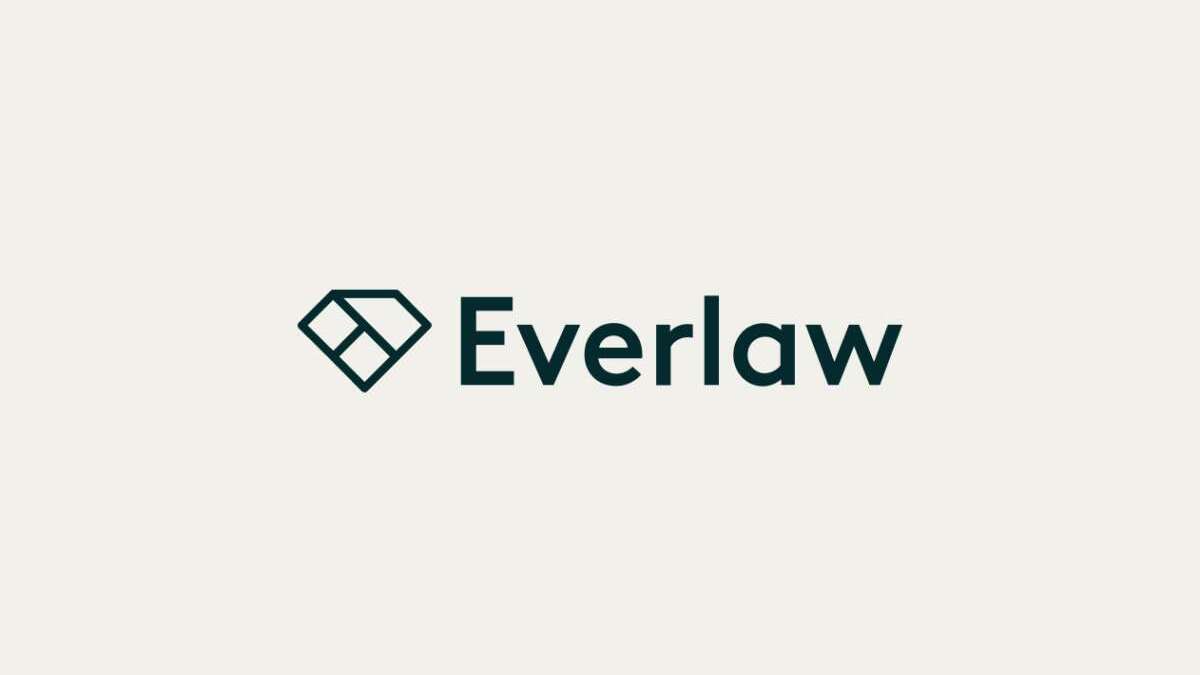Who might be interested:
Users responsible for running searches on Everlaw or users who need to incorporate searches into other workflows (such as creating Assignment Groups or generating Productions).
What you will learn:
An introduction to the basic Document, Review, and Metadata search terms available in Everlaw. How to combine search terms together using logical operators to construct complex searches. How to remove documents from a set of search results using deduplication and add documents to search results using the grouping options.
How you can learn:
There are several resources available depending on your learning style: comprehensive training videos, shorter topic-specific videos and helpful written guides.
Training Options
Attend Live Training
A live interactive search training is offered every other Thursday at 10AM Pacific (6PM GMT/BST).
Watch Search Deep Dive
Learn the ins and outs of search in this 30 minute Deep Dive.
Schedule Custom Training
If you would prefer a private training session with a member of Everlaw’s User Education team to train a group of users and discuss a workflow that is specific to your organization, you can schedule a virtual training session at a time of your choosing.
Learn More About Search
[Search] Introduction and Logical Containers
Build complex queries by combining logical containers and search terms through Everlaw’s visual search interface. Read the search overview and logical queries help articles
[Search] Searching Content
For search tips and types, read the content and advanced content search help articles.
[Search] Review Search Terms
Review search terms are used to find documents based on review status or applied review product. Read the review terms search help article.
[Search] Metadata Search Terms
Metadata search terms are used to find documents based on their metadata values in Everlaw. Read the searching metadata help article
[Search] "Search Settings" Tab: Deduplication, Sampling, and More
Organize documents into contextually relevant groups directly from the search page and deduplicate and sample the search results. Read the deduplicating, sampling and grouping help article.
Training Activities Checklist
After you’ve watched videos and have a basic understanding of how to use the visual query builder, practice your skills and try performing the following actions:
🗹 Create a search using the logical operators
🗹 Group documents by attachments and notice if the number of documents change
🗹 Rename your search
🗹 Use a smart search term
🗹 Find documents that have the word meeting within 10 words of the word Monday.
🗹 Search using a Bates range
🗹 Think of a word in your matter that comes up a lot, but in different forms: e.g. work, worked, worker, and working. Construct an advanced content search that finds any such occurrence of this word.
Download Resources
Optimizing Your Everlaw Search Experience
Everlaw’s search tool is a visual query builder that utilizes Lucene syntax. Download this guide for search tips, practice examples, and challenges.
Finding Stand-Alone Documents
On Everlaw “stand alone” documents are those that do not have any child attachments or are not themselves attachments to another document. Download this guide to learn how to build a search to find them.
Finding Only Documents in Families
This guide describes how to find documents on Everlaw that are part of a family group and are not “stand alone” documents. Select “Download Guide” to learn how.
For any feedback about this site or any questions about the trainings offered, please reach out to training@everlaw.com
For all other questions, please reach out to support@everlaw.com, 1-844-EVERLAW (US), or 0800-068-9249 (UK and EU)






